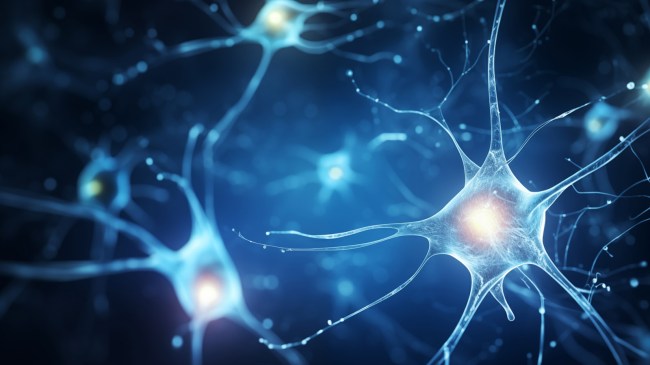
iStockphoto
Scientists, for the first time ever, have grown “mini brains” (hybrid brain organoids, or chimeroids) in a lab using the cells of multiple people.
Why is this significant? According to health news writer Emily Cooke, who holds a master’s degree in clinical and therapeutic neuroscience from Oxford University, of Live Science, “Typically, brain organoids are grown from cells that are collected from just one donor. This means they can’t capture the genetic variability that exists between people, which can impact individuals’ brain development and their responses to drugs.”
The hope is that these mini brains the researchers created will be useful in the future for the early stages of drug testing.
“We used Chimeroids to investigate interindividual variation in the susceptibility to neurotoxic triggers that exhibit high clinical phenotypic variability: ethanol and the antiepileptic drug valproic acid,” the study’s authors wrote in their paper which was published in the journal Nature.
The researchers added that the chimeroid system “makes it possible to investigate, in a single organoid, the collective development and behavior of a large diversity of cell types of the brain, across multiple human individuals.”
In this study, the scientists exposed the mini brains to two neurotoxic chemicals: ethanol (which is associated with fetal alcohol spectrum disorders) and valproic acid (which can increase the risk of birth defects).
What they discovered was that cells from different donors responded differently. This means that, in the future, mini brains such as these could be used to determine how people will respond to drugs before they are even tested in a clinical trial.
“Brain organoids from fetal tissue are an invaluable new tool to study human brain development,” said Dr. Benedetta Artegiani, research group leader at the Princess Máxima Center who co-led the research, Psychiatrist.com reports.
“We can now more easily study how the developing brain expands. And look at the role of different cell types and their environment. Our new, tissue-derived brain model allows us to gain a better understanding of how the developing brain regulates the identity of cells.
“It could also help understand how mistakes in that process can lead to neurodevelopmental diseases such as microcephaly. As well as other diseases that can stem from derailed development, including childhood brain cancer.”